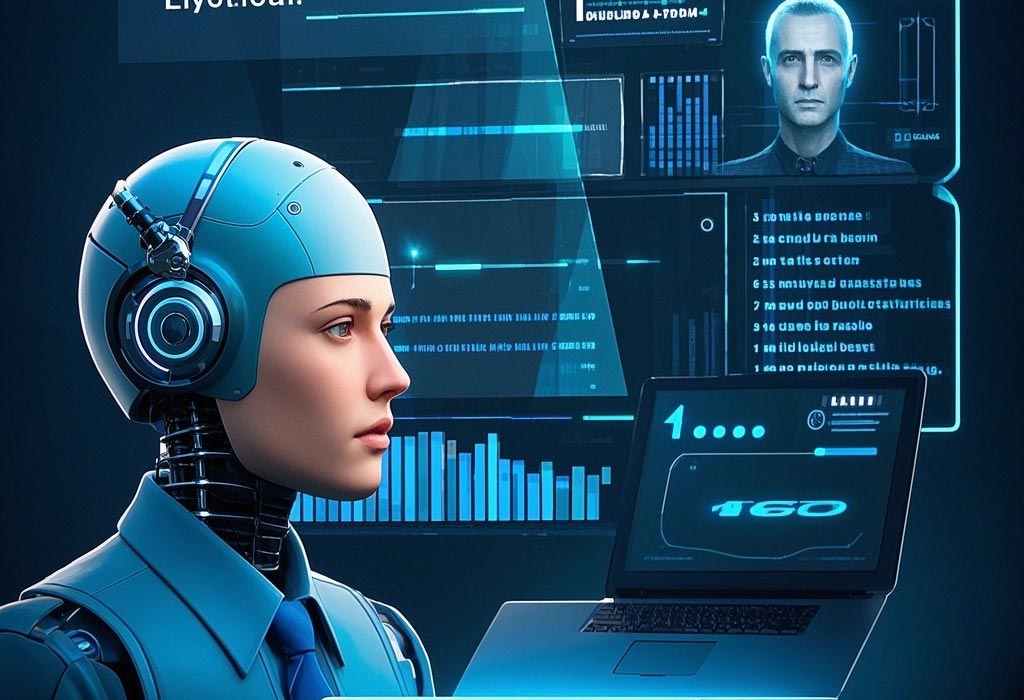Autonomous Shipping: How AI is Redefining Global Cargo Transport
While self-driving cars dominate headlines, a quieter revolution is unfolding on the high seas. By 2030, 15% of the global maritime fleet—over 9,000 vessels—could operate autonomously, powered by AI navigation and robotic logistics. From Rolls-Royce’s unmanned container ships to Norway’s fully electric Yara Birkeland, this article explores how autonomous shipping promises to slash costs, reduce emissions, and confront humanity’s thorniest questions about machine trust.
























